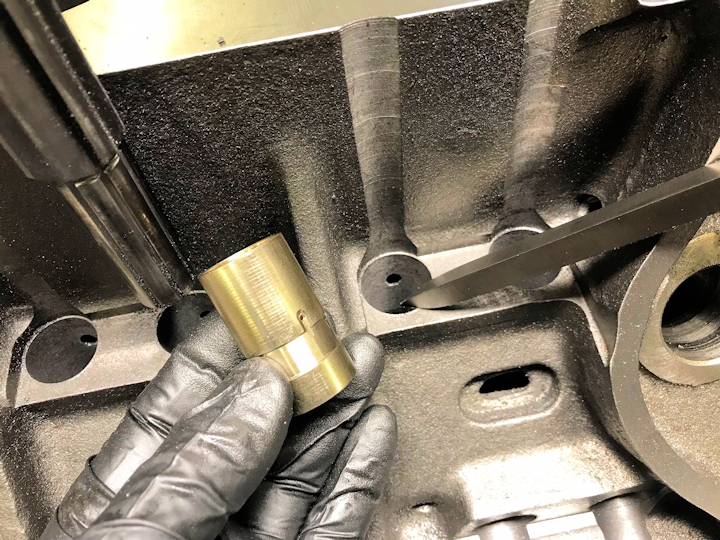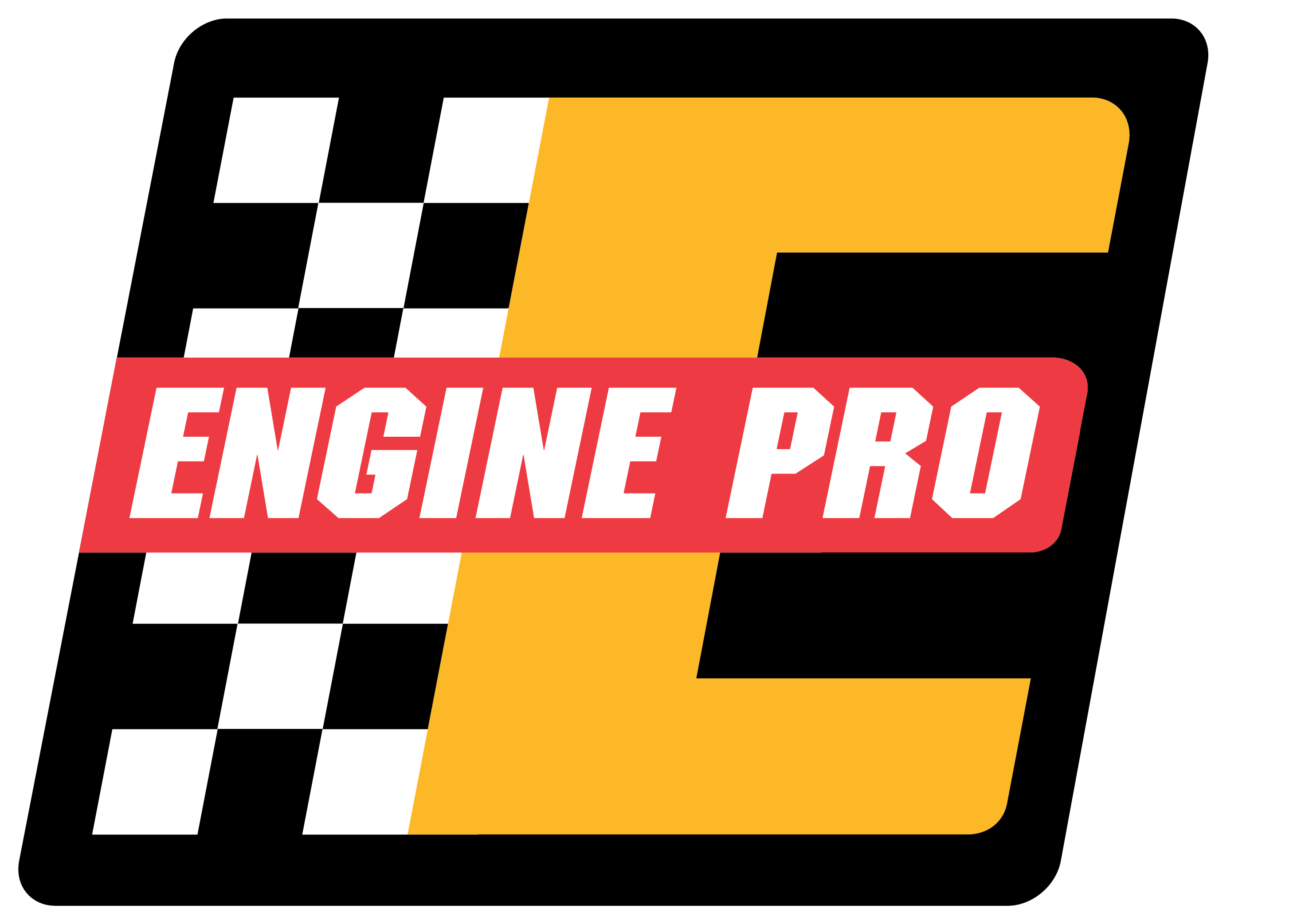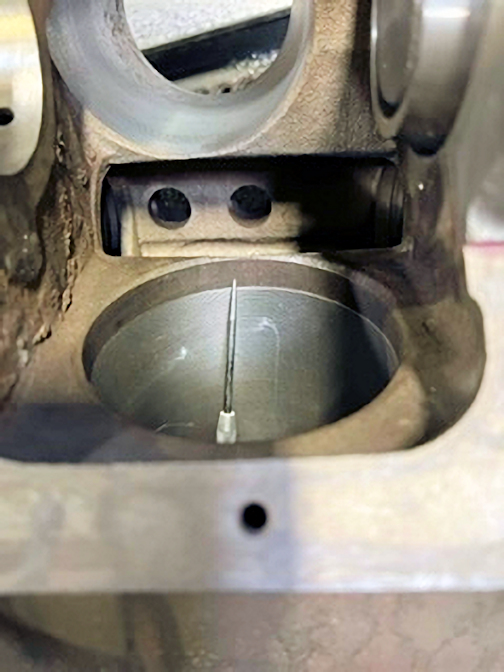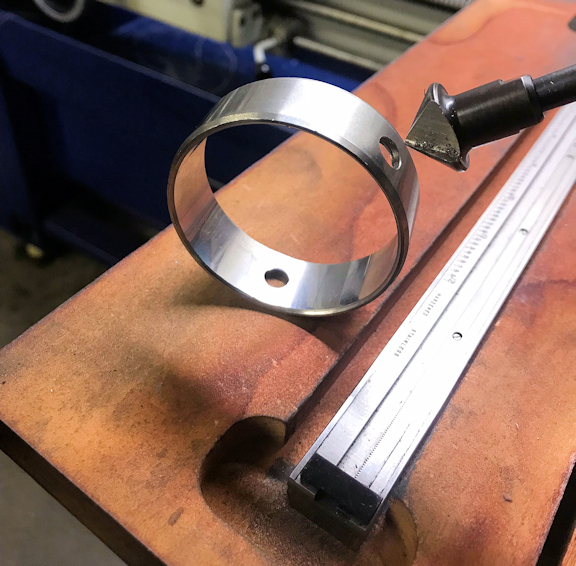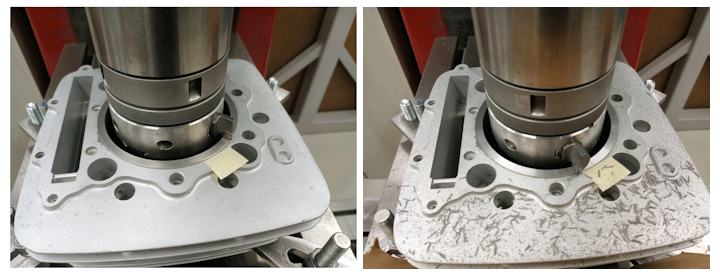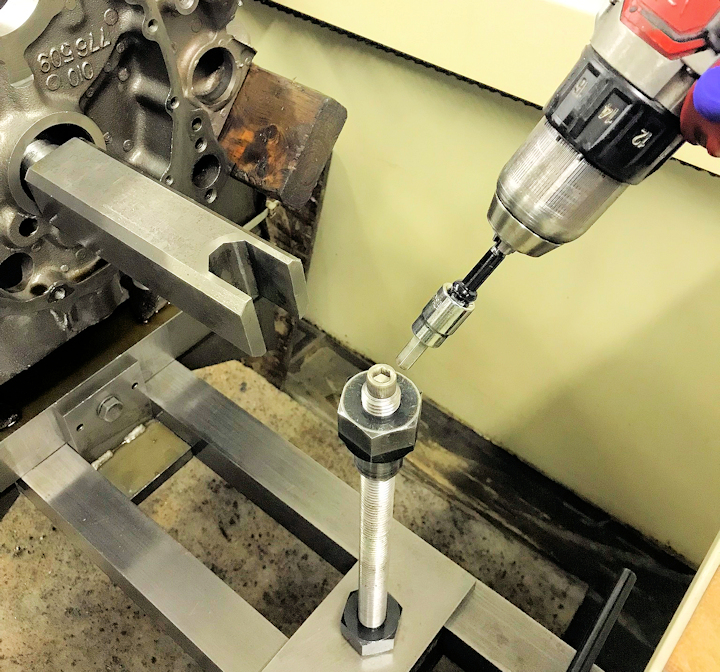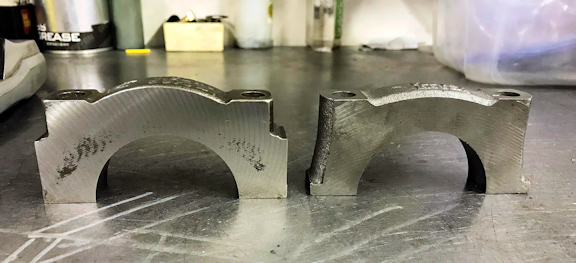LIFTER BUSHING When it comes to installing lifter bushings, heres a couple tips; Always deburr the top and bottom of the host bore, as well as any oil holes that intersect. This will prevent the dragging of material as the bushing is pressed in. A bearing scraper...
